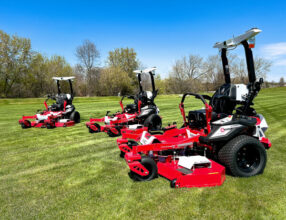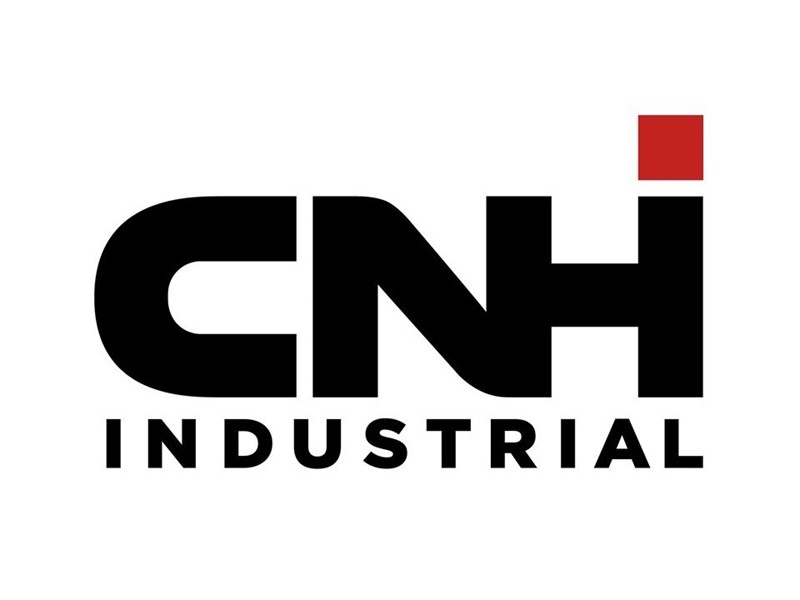Slow Season Survival Tips
By Jeff Sheets
If you read my monthly articles in Outdoor Power Equipment (OPE), my goal is not to repeat myself too often because that can get monotonous for both you and me. In November 2015 OPE, I wrote an article on using your service department to generate cash flow, which is still applicable for slow season survival. In this article, however, I will focus more on the expense side of the business and preparation for next year. The topic is the same, but it is such a broad one with many layers to examine to make sure that you survive and even thrive during slow season times. You need to be forward thinking at this point, knowing that through your previous experience, the new season will be here before you know it.
Do not use lines of credit if at all possible
I know quite a few dealers dip into their lines of credit to make it through the offseason. I would discourage you from doing that because every year you will be starting the new season needing to repay the debt, which decreases your profit and forces you into a vicious cycle year after year. The definition of “insanity” is doing the same thing over and over and expecting different results. If you never change your dependency on credit lines, then you will continue to have to use them. You do this in two ways: decreasing expenses and making sure you have enough income set aside for this slower time.
1) Analyzing your expenses and trying to decrease costs as much as you can during the slow times is very important. Examples can be as simple as reducing store hours, thereby lowering the costs associated with the business along with the payroll of hourly workers. It could be also making sure that those employees, who might want some time off, be given the opportunity to do so for a couple of weeks here or there, to help reduce payroll. I know that some dealers actually lay off some staff with the idea of rehiring them in the spring. There is downside to this practice because sometimes you lose good employees who need full-time employment year-round. I would hope that your goal would be to not do this too much unless you have specifically hired people as seasonal workers and they know that is the plan from the start. No matter what, there is a need to make sure that you are conserving your reserves as much as possible during the slow season, and finding ways to reduce your costs is one way to avoid the line of credit dependence.
2) You need to make sure that you are holding onto enough in your reserve account as the business goes through the high season to make it through the slow times. You need to know what that dollar amount is that needs to be available, so you are not spending your future reserves without thinking about it. Make sure that you look at the past five years of expenses from November through February and estimate the shortfall that might come about on an average year. That is the number you should look to have in your reserve account by the end of October. As you progress through the best part of the year, continue to add funds to that account and try not to touch those funds as much as possible. If you condition yourself to save for what you know is going to happen, it helps you maintain a more stable business and be less dependent on outside sources.
Work hard at getting rid of tasks
you will be too busy for in-season
You know that once the season starts, you focus totally on your customers and providing the service that they deserve. You need to ask yourself, “What can I be doing in these slow months that will help me to focus on that objective?” Here are a few suggestions:
1) Marketing: Can you work on getting everything ready for the year, so that this does not even have to be a thought during your busy times? You might want to contact your local newspapers, television and radio stations, etc., now and let them know that they need to contact you in January to discuss your possible advertising plans for the entire year, so no one is giving you an advertising pitch during your busiest point in the season.
2) Process changes: If you are going to change how you do something in the business, the slow season is a good time to implement and go over the changes. For example, you want to implement a new check-in procedure for your service equipment that will speed up the process and help you reduce your customers’ wait time. Now is the time to implement those changes and look for glitches that could cause problems before the season arrives.
3) Profitability adjustments: The slow season would be the ideal time to make adjustments to pricing to make sure that you’re being as profitable as possible in your service and parts department. You may need to implement a pricing matrix that helps you to get your parts margins higher or labor rate increased to make sure you are in line with your competitors. Now is the time to make changes, so you can see the effects on your systems and allow your employees to get comfortable with the adjustments. You should always be trying to find a way to get just a little more profitable. One percent can mean all the difference when you look at next year and not having to use credit lines, as previously discussed.
In a previous career, I worked with a lot of individuals on helping them establish good budgeting and get out of debt. I see this article as really trying to get owners to apply those same principles to their businesses. There is an old saying in Ecclesiastes, written by Solomon, which goes: “There is a time to reap, and there is a time to sow.” In the outdoor power equipment business, you have to live by that standard because in most areas of the country the grass does not grow 100 percent of the year and you need to be prepared when things slow down. I know there is other business during the slower months, and sometimes you get surprised by how busy you can get. I would prefer that you take the long view and prepare for the normal — rather than the abnormal — year. Live for today, but keep an eye on the future and your business will flourish. To survive the slow seasons, preparation and thinking ahead are the keys.
 Jeff Sheets is the founder and owner of OPE Consulting Services. Whether a business is thriving or struggling to survive, Sheets’ rich experience in both the corporate and not-for-profit sectors allows him to partner with business owners to customize unique strategies for their needs. For the past nine years, he has worked extensively with hundreds of outdoor power equipment dealers to create best practices in business structure, personnel management and financial profitability. For more information, he may be contacted at opeconsultingservices@gmail.com or (816) 260-5430. You can also follow him on Twitter @opeconsult, connect with him on LinkedIn, and visit his website at www.opeconsultingservices.com.
Jeff Sheets is the founder and owner of OPE Consulting Services. Whether a business is thriving or struggling to survive, Sheets’ rich experience in both the corporate and not-for-profit sectors allows him to partner with business owners to customize unique strategies for their needs. For the past nine years, he has worked extensively with hundreds of outdoor power equipment dealers to create best practices in business structure, personnel management and financial profitability. For more information, he may be contacted at opeconsultingservices@gmail.com or (816) 260-5430. You can also follow him on Twitter @opeconsult, connect with him on LinkedIn, and visit his website at www.opeconsultingservices.com.



